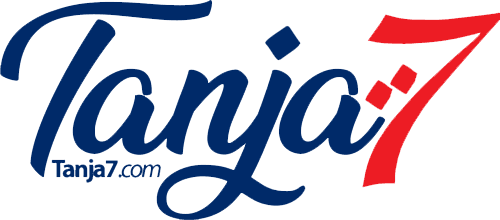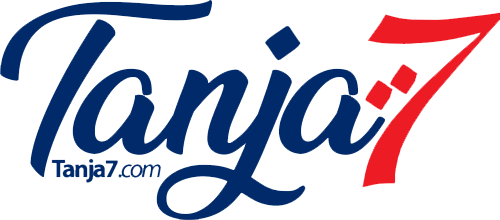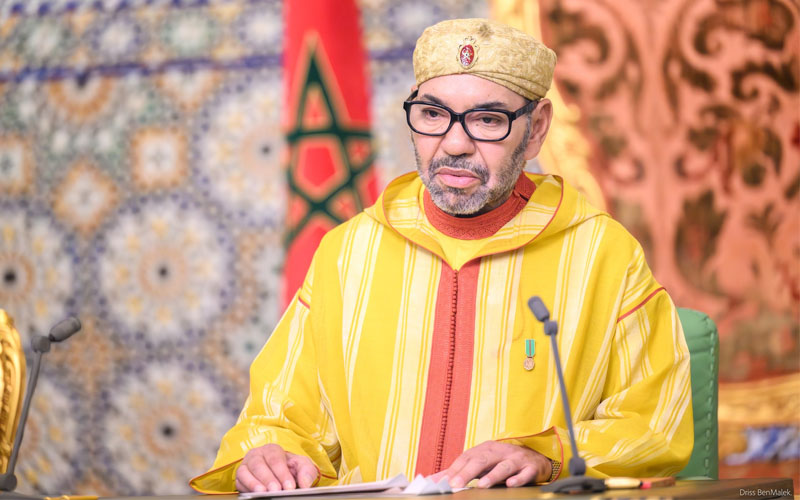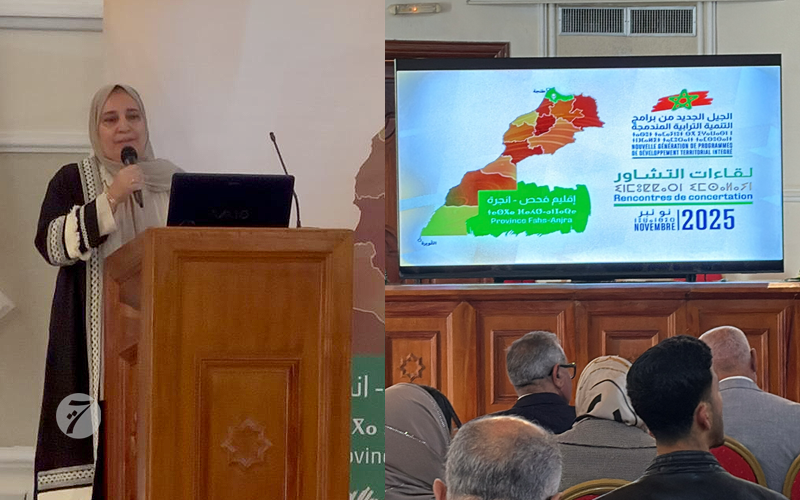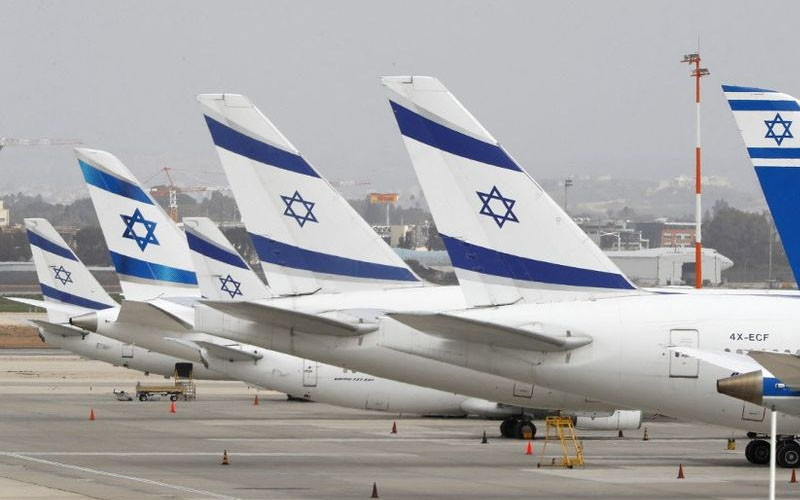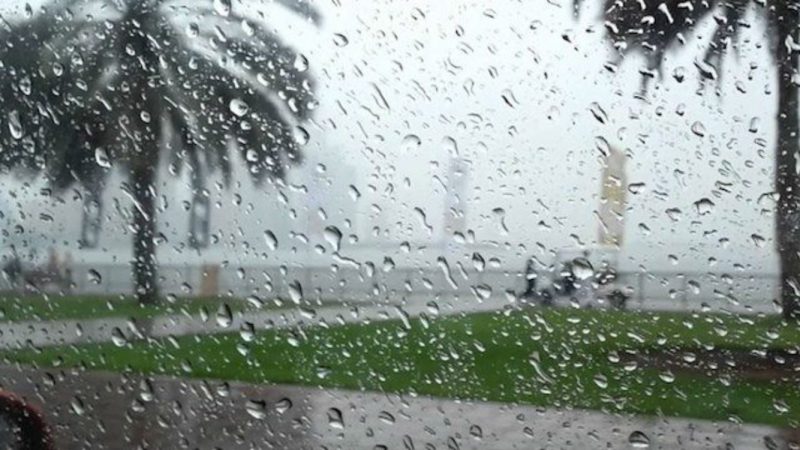In a significant diplomatic development that reinforces Morocco’s approach to resolving the Sahara issue, the United Nations Security Council adopted a new resolution on Friday, October 31, 2025, renewing full support for the autonomy initiative proposed by Morocco in 2007. The resolution considers this initiative a “serious, realistic, and credible solution” to end the regional conflict.
This decision, crafted by the United States, coincides with King Mohammed VI’s announcement to update and detail the initiative ahead of its formal presentation to the United Nations, opening new avenues for consensus negotiations.
Background: Security Council Decision Reflects Renewed International Confidence
The new resolution, numbered 2797, was adopted following a positive vote from the five permanent members of the Council, including the United States, France, and the United Kingdom, alongside broader support from countries such as Spain and Germany.
According to the full text of the resolution, involved parties are urged to “engage in discussions without preconditions based on the Moroccan proposal for autonomy, with the aim of reaching a final and mutually acceptable political solution that realizes the self-determination of the Sahrawi people.”
The resolution also extends the mandate of the UN Mission for the Referendum in Western Sahara (MINURSO) for one year, focusing on building trust between parties.
King Mohammed VI welcomed this development in a speech to the Moroccan people, stating that Morocco “will update and detail the autonomy initiative presented in 2007,” making the project more precise and aligned with current realities.
Details of the Autonomy Initiative: An Integrated Political and Development Vision
Launched by Morocco in April 2007 at the United Nations General Assembly, the autonomy initiative embodies a royal vision that reflects steadfastness in national principles and flexibility in means. It aims to grant the inhabitants of the southern regions extensive powers to manage their local affairs within the framework of full Moroccan sovereignty, ensuring their participation in national life.
Main Features of the Original Proposal and Expected Amendments
-
Participation of Populations in National Institutions
- The residents of the Sahara autonomy region would be represented in the Moroccan parliament and other national institutions and participate in all national elections, ensuring full integration without separation while emphasizing human rights as recognized internationally.
-
Regional Bodies: A Balance Between Autonomy and Sovereignty
- Regional Parliament: Comprised of members elected from various Sahrawi tribes, along with members elected through direct universal suffrage from all regional residents. A percentage would be allocated for women to enhance gender representation.
- Executive Authority: Exercised by a regional government head elected by the regional parliament and appointed by the king. The president would form the regional government and appoint administrative staff to exercise local powers, being accountable to the parliament.
- Legislative Authority: The parliament would issue region-specific laws without infringing upon the competencies of the National Council and the Constitutional Council, ensuring all legislation complies with the Moroccan constitution.
- Judicial Authority: The parliament can establish independent courts to resolve disputes arising from regional regulations, issuing judgments in the name of the king with complete independence.
- Economic and Social Council: Comprised of representatives from economic, social, professional, and civil society sectors, along with high-competence figures, to support sustainable development.
-
Activation and Negotiation Mechanisms
- The system would be a subject of negotiation, decided by the populations through a free referendum as part of a democratic consultation, aligning with the UN Charter and Security Council resolutions. Parties commit to acting in good faith to activate it, with potential amendments to the Moroccan constitution to incorporate the system.
- Practical measures include a comprehensive amnesty for the involved parties, reintegrating returnees from camps, and establishing a transitional council for disarmament and reintegration, in addition to conducting electoral processes.
These details render the initiative “consensual, responsible, and open,” as described by experts, enabling Sahrawis within or outside the kingdom to manage their local affairs without jeopardizing territorial integrity.
Royal Vision
Since ascending the throne in 1999, King Mohammed VI has transformed this vision from a territorial dispute into that of building a modern state, grounded in steadfast national principles and flexible solutions, making the autonomy initiative a cornerstone of Moroccan diplomacy on the international stage.
The king has outlined a new approach that transcends the logic of the futile conflict towards a framework for realistic political solutions. This vision positions national legitimacy as the starting point and international legitimacy as the horizon for integration, establishing a strategy based on steadfastness in principles and flexibility in means.
Consequently, the Sahara has become more of a national building issue rather than merely a territorial dispute.
The autonomy initiative launched by the king in 2007 reflects this vision with deep political and strategic insight, granting Morocco significant international credibility. In his 2025 Throne Day speech, the king emphasized pride in the increasing international support for the initiative as the sole solution, stressing the importance of achieving a consensual resolution that preserves the dignity of all parties. He reiterated, in the 2019 Green March speech, the commitment to work sincerely and in good faith in accordance with the exclusively adopted political approach by the United Nations Organization and Security Council resolutions, striving for a realistic, practical, and consensual political solution.
This initiative has formed a realistic political framework that balances respect for national sovereignty with the flexibility of consensual solutions, reflecting Morocco’s ability to merge principle and pragmatism.
